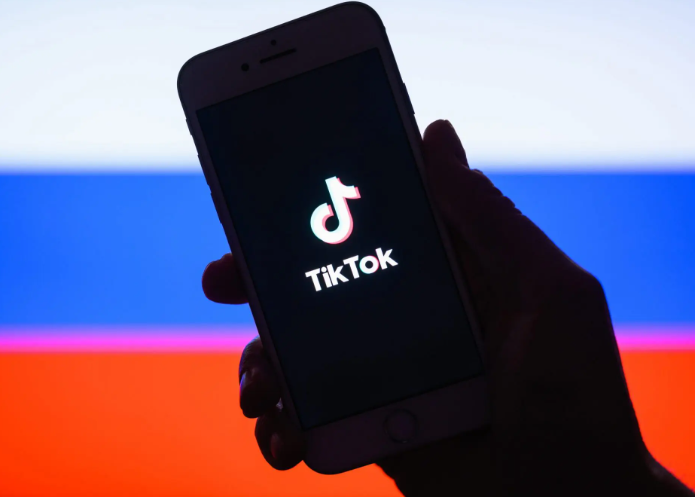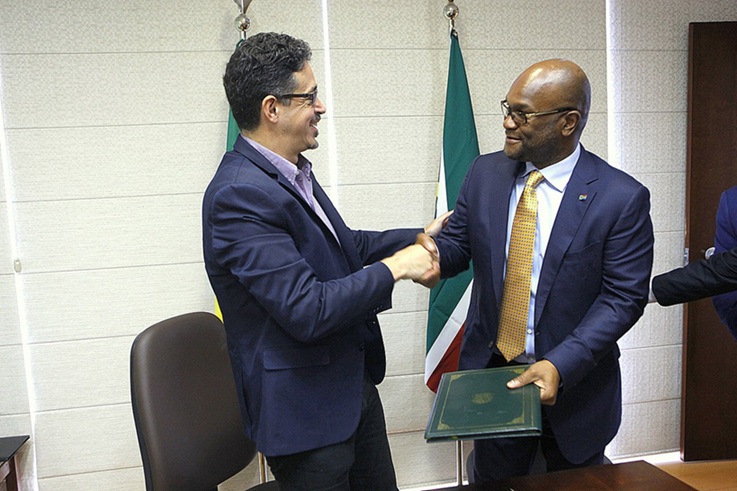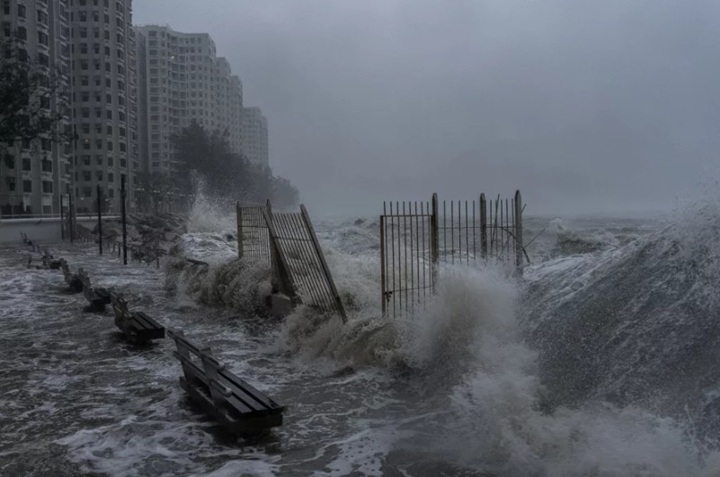In a shocking revelation, TikTok, the popular Chinese social media giant, has exposed a vast network of fake accounts spreading disinformation on Russia’s war in Ukraine. The platform’s new data indicates that these accounts targeted millions of users across Ukraine, Russia, and Europe, aiming to artificially amplify pro-Russian narratives surrounding the conflict.
According to a report released by TikTok on Wednesday, the deceptive posts on the video-sharing site were meticulously designed to influence public opinion and manipulate the narrative on the war. Some of the fake accounts went to the extent of posing as fictitious news outlets, adding a layer of credibility to their misleading content.
A separate investigation conducted by the BBC, published on Friday, identified a staggering 800 fake accounts engaged in spreading false claims across European countries. The fake narratives included allegations that senior Ukrainian officials and their relatives had purchased luxury cars or villas abroad following Russia’s invasion in February 2022.
TikTok, in response to these revelations, took swift action by removing all identified fake accounts. A spokesperson for the platform told the company had initiated its own investigation prior to the BBC’s findings. They emphasized TikTok’s commitment to combating deceptive behaviors and stated, “We constantly and relentlessly pursue those that seek to influence its community through deceptive behaviors.”
Notably, the majority of the identified fake accounts, approximately 13,000, were operated from within Russia. These accounts played a significant role in pushing Kremlin war propaganda in local languages, targeting users in Ukraine, Russia, Germany, Italy, Turkey, Serbia, Czechia, Poland, and Greece.
However, it wasn’t just external actors engaging in deceptive practices. Some of the identified fake accounts were operated from within Ukraine itself, amplifying narratives with the aim of raising money for the Ukrainian military. The sheer scale of these operations is alarming, considering the potential impact on public perception and support for both sides of the conflict.
The total followers of these fake accounts exceeded one million, a concerning figure, although videos shared on TikTok routinely reach audiences in the millions. The revelation underscores the growing challenge faced by social media platforms in combating disinformation campaigns, especially during times of geopolitical tension.
These findings come on the heels of increased scrutiny on social media sites to curb false users and disinformation. TikTok’s proactive approach to self-reporting indicates a heightened awareness of the responsibility that platforms bear in mitigating the spread of misleading content.
As nations grapple with the complex landscape of information warfare, the latest revelation adds another layer to the ongoing discussions about the role of social media in shaping public opinion during times of conflict. The incident also serves as a reminder that vigilance and concerted efforts are essential to maintain the integrity of online spaces amidst a backdrop of geopolitical tensions.
(Source: Olga Robinson | Adam Robinson | BBC)







